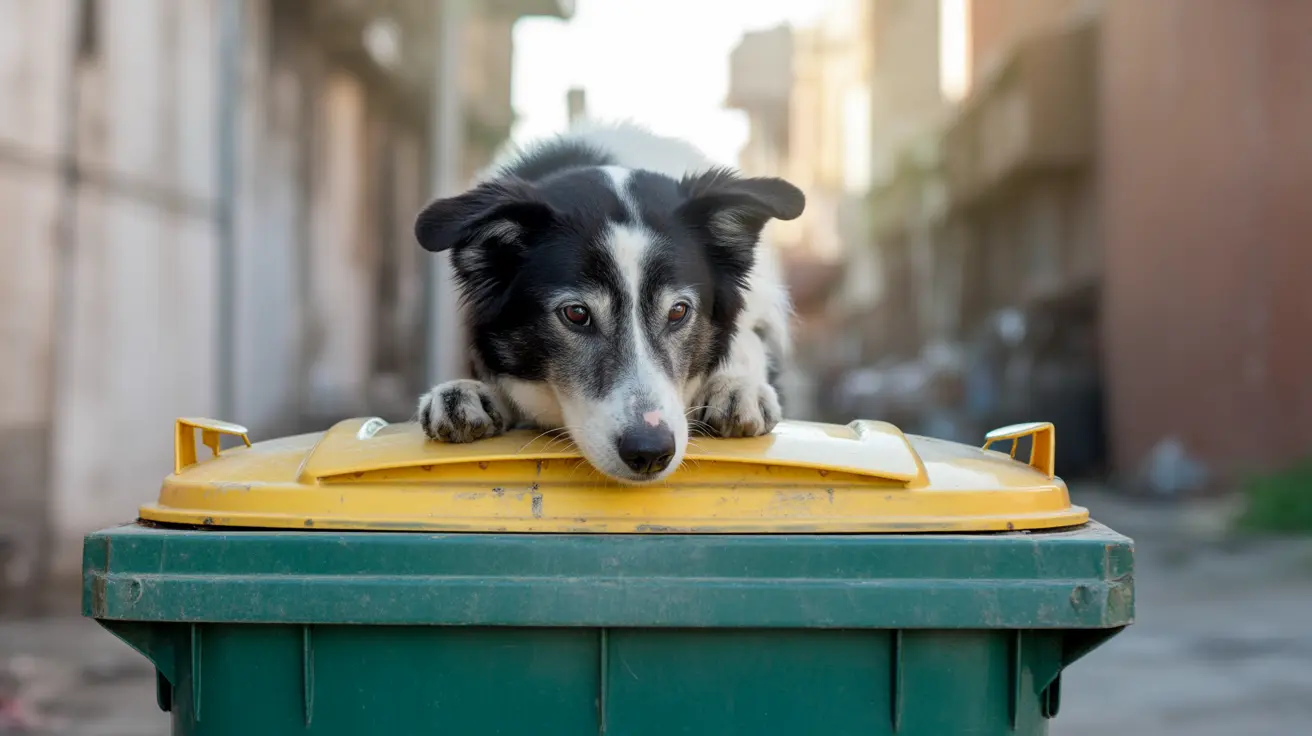What’s the Best Vegetable for Dogs?
When it comes to feeding your furry companion, adding vegetables to their diet can offer numerous health benefits. But with all the options available, many pet owners wonder: what’s the best vegetable for dogs?
Why Vegetables Are Good for Dogs
While dogs are primarily carnivores, they can benefit from the vitamins, minerals, and fiber found in vegetables. Vegetables can help with digestion, weight management, and overall vitality.
Top Benefits of Adding Vegetables to a Dog’s Diet
- Improved digestion: Vegetables like carrots contain dietary fiber, promoting better bowel movements.
- Low in calories: Vegetables are great as low-calorie, nutrient-dense treats.
- Rich in antioxidants: Many veggies offer antioxidants that support the immune system.
- Dental health: Crunchy vegetables can help clean teeth naturally.
Why Carrots Stand Out as the Best Vegetable
Among all vegetables, carrots are often recommended by veterinarians and nutritionists as the best vegetable for dogs. Here's why:
- High in beta-carotene: Supports eye health and immune function.
- Crunchy texture: Helps remove plaque and tartar from teeth.
- Low in fat and calories: Ideal for dogs needing to maintain or lose weight.
- Digestive benefits: Rich in fiber for better gut health.
How to Serve Carrots to Dogs
Carrots are versatile and can be served in different ways:
- Raw: Clean and cut into bite-sized pieces for a crispy snack.
- Cooked: Boiled or steamed carrots are softer and easier to digest, especially for older dogs.
- Frozen: A great, crunchy treat for teething puppies.
Other Safe Vegetables for Dogs
While carrots are a top choice, dogs can safely enjoy other vegetables in moderation:
- Green beans: Low in calories and fiber-rich.
- Sweet potatoes: A source of vitamins and antioxidants.
- Peas: Provide protein and various nutrients.
- Cucumber: Cool and refreshing with high water content.
Vegetables to Avoid
Some vegetables are unsafe or even toxic to dogs. Avoid giving your dog the following:
- Onions: Can damage red blood cells and cause anemia.
- Garlic: Toxic in moderate to large amounts.
- Mushrooms: Some varieties are highly toxic.
- Tomatoes: Especially unripe ones, can cause digestive issues.
Tips for Introducing Vegetables
- Introduce new vegetables slowly to monitor for allergic or digestive reactions.
- Always wash vegetables thoroughly before serving.
- Avoid seasoning—especially onion or garlic powders.
- Chop into small pieces to prevent choking.
Consult Your Vet
Before making any significant changes to your dog’s diet, especially if they have preexisting conditions, it’s best to consult with your veterinarian. They can help you create a balanced plan that incorporates the right vegetables based on your dog's specific needs.
Conclusion
In summary, carrots are a fantastic vegetable for dogs, offering health benefits without the risk of excess calories or harmful effects. Easy to prepare and enjoyed by most dogs, they’re an ideal addition to any canine diet. Remember to explore other dog-safe vegetables for variety, and always observe your pet to ensure they tolerate new foods well.





